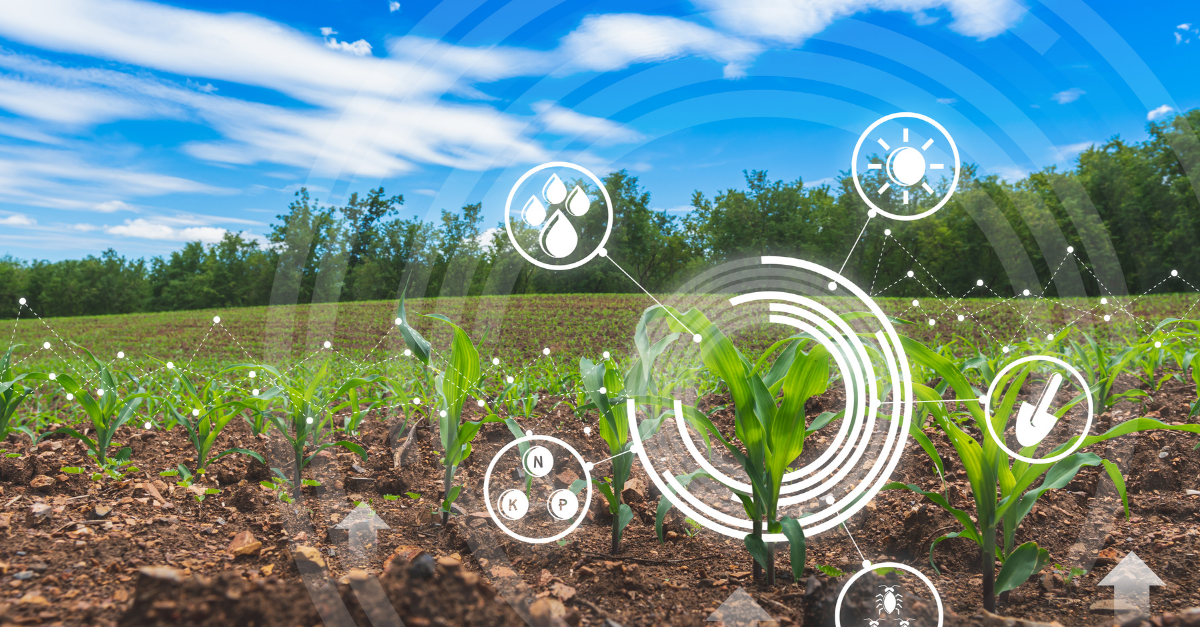The inception of Jammu and Kashmir’s maiden private Plant Tissue Culture (PTC) laboratory in GoshbugPattan village, Baramulla district, has emerged as a beacon of progress for local farmers, offering solutions to endemic challenges.
Senior Scientist Dr. GM Yattoo, associated with the Iqbal Agro Group, affirmed the significance of this advanced facility in revolutionizing agricultural practices in the region. The lab specializes in producing virus-free, genetically identical plants, thus mitigating the risks associated with imported plantations from countries like Italy, Australia, and New Zealand.
“Previously, our dependency was on plant imports from foreign countries such as Italy, Australia, and New Zealand posed significant risks to our orchards, leading to spread of various diseases,” he said.
Established three years ago, the laboratory has witnessed exponential growth, producing 62,000 plants last year alone. With a target of 1 million plants this year, its impact on local agriculture is set to expand further. Dr. Yattoo highlighted the lab’s role in generating employment opportunities for locals, with a team of skilled biotechnologists and PhD researchers at the helm.
“In this laboratory, we are group 5 biotechnologists including PhD researchers from reputed institutions. Apart from that we are generating employment for dozens of workers living in the vicinity,” DrYattoo said.
He said PTC is the collection of techniques used to maintain or grow plant cells, tissues, or organs under sterile conditions on a nutrient culture medium of known composition.
“It is widely used to produce clones of a plant in a method known as Micropropagation. So far, we have produced thousands of plant saplings that were sold in and outside Jammu and Kashmir,” he said.
Dr. Yattoo said they also developed high density apple root stock including MT337, MM111, MM106& MM107 through plant tissue culture. Micropropagation protocol was established three years ago.
“Walnut micropropagation technique was successfully developed in collaboration with Central Institute of Temperate Horticulture (CITH) and further, extensive research is underway for propagation of other plant varieties as well, ” he said.
DrYattoo said that Iqbal Agro Group is providing employment opportunities to the local public of the concerned area in the form of labour. We are also associated with Iqbal Agro Group for selling tomatoes, knolkhol, Capsicum, strawberry, mushroom etc, thereby contributing to the self and concerned community,” he said.
Chairman of the Iqbal Agro Group, Haji Abdul Rashid Wani said that it is the first of its kind of laboratory in Jammu and Kashmir. After several processes, one leaf sample is being converted into multiple samplings. We have 3-4 research scholars who are working in this lab, he said.
“We have also signed an MOU with SKUAST-Kashmir and training will be conducted under the guidance of experts from the varsity,” Wani said.
He further said they also have tomato tamarillo plants that are grown once every 15 years. It can produce at least 5-50 kgs of Tomatoes annually and it can also increase with its age,” he said.
Apart from it, Wani said Iqbal Agro Group has set up vegetable nurseries where HD, MD & LD apple plant varieties like King Roat, Adam’s Apple, Jeromine, Red Cone, SS, SS3 etc. are grown.
“All types of vegetable plants like Knolkhol, Bottle gourd, Cucumber, Capsicum, Garlic, Shallot (Praan), Pepper, leek etc. are grown at large scale, sold in the local market to provide livelihood of the local public,” he said.
Wani said that flower bulbs are available in their nurseries. Gerbera was successfully developed through the Plant tissue culture lab. Now Gerbera is available @ INR 15, unfortunately, some people order Gerbera @ 50 INR from outside the state.
“We also have open field seeds available. All types of flower plants available in the Floriculture section of Iqbal Agro Group,” he said.
Wani said that they are planting lavender in this nursery as per the mission of the Central government. It has many health and commercial benefits. We are providing these plants to locals and then we can buy lavender flowers from at 500 rupees per kg, he added.
“Apart from that Deodar, Fir & Pine are grown in nurseries on a large scale. The memorandum of understanding (MOU) is in process with the Forest Department JK for providing forest plants like Deodar, Fir & Pine at minimal cost to the Department,” Wani said.
He said strawberry, walnuts are also grown in the open field. Besides, work is going on in fruits like Grapes, persimmons, figs, pomegranates etc. Last year 19 Quintals (1900 kg) of Mushroom were produced under in-vivo conditions.
“Further, work is going on to cultivate mushrooms under laboratory controlled (In-vitro) conditions to boost the mushroom quality and production as well,” Wani added.

